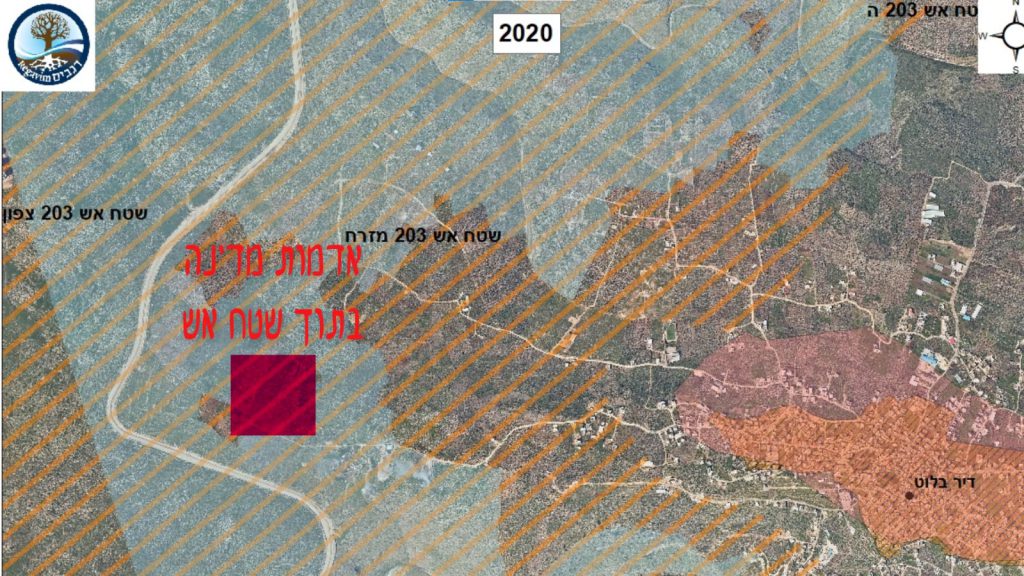Last week, we participated in a Public Security Committee hearing in the Knesset about agricultural crime. Regavim’s Director General, Meir Deutsch, presented the Committee with Regavim’s multifaceted plan to combat the issue. In his opening remarks, Deutsch shared with chairwoman MK Merav Ben Ari that this was the 14th (!) meeting about agricultural crime in which we’ve participated over the years, and sadly they’ve all felt the same.
In every meeting, the difficult reality is surfaced, the Police says what it has to say, the farmers express their anger, and life goes on (without change) until the next meeting. However, this time, perhaps there’s reason for hope. Before we explain why, it’s important to outline briefly what our plan is:
After dealing with the issue of agricultural crime for years, Regavim formulated a plan that is predicated on the simple principle that, in order to achieve real change, different forces must join arms: the Police, the farmers, the State Attorney, and the judiciary.
If one of these forces, each constituting a link in the chain, isn’t effective, the whole battle will be unsuccessful. The government plan must be comprehensive and include more than just the establishment of special police units. The plan must consider the matter of insurance for farmers, provide backing for farmers to file complaints with the Police despite their despondence (accompanying the complaints, improving service, etc), allocate resources to the Police, amend legislation to help the State Attorney, and seek to increase punishments in the Courts.
On this occasion, unlike the previous Knesset meetings in which the discussion focused solely on bolstering the Police, the Agriculture Minister’s representative announced that the Minister intends soon to reveal a comprehensive plan to fight agricultural crime.
Although we’ve become used to disappointments, we prefer to keep pushing and remain optimistic. We hope that the tides are changing, and that we’ll see substantial change in the nearby future. Keep following for updates.












